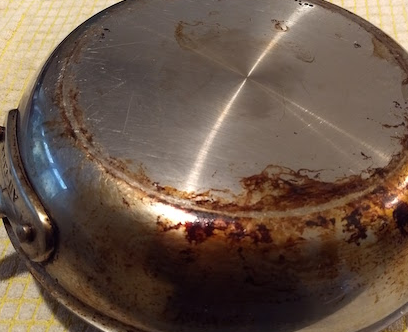 Meticulously Brush
Meticulously Brush If washing does not do the trick, the best way to remove rust and other caked-on debris from tools easily and effectively is a wire brush. Clean the whole metal surface of the tool with the bristles, using the kind of strong-bristled brush that you would use to scrub a grill, making sure the brush is free of grease and grime. Even if the metal brush does not remove the rust buildup completely, until using finer tools to remove rust, you can use the bristle brush to ensure that all caked-on mud and dirt is gone.
Thoroughly wash
The best way to keep dirt and debris off garden tools is to wash with clear hose water. You will significantly reduce the chances of rust growing on them if you wash your tools every time you finish using them, eliminating all soil particles. Removing moisture-conserving muck will aid because soil traps moisture, which in turn leads to rusting. You can still start every cleaning session with a thorough wash to loosen soil and dirt particles if you don't wash your tools frequently.
Spot-Purify Gently Wipe
If you still see traces of sap or grease on your tools after you clean off all the rust with your steel wool, use a rag soaked in a little paint thinner to wash the residual spots away. Then, to clear the last rust patches from the surface of the tool blades, use steel wool. You may resort to sandpaper or a metal file when that doesn't work. Second, clamp the tool in a vise while using a file so that a blade does not slip and injure you when you're working.
Oil Diligently
Don't forget that oiling is a vital part of the cleaning process, as it keeps your instruments strong and resistant to the build-up of rust and other debris. Use a WD-40 light coat on tool blades and other metal pieces, such as shovels and trowels, especially before storing them in the winter. To avoid rust on tools, motor oil also works well. Oiling also benefits from wooden handles, while natural oil such as boiled linseed should be used. You can paint wooden handles, if you choose, instead of oiling them for long-lasting protection against moisture.









